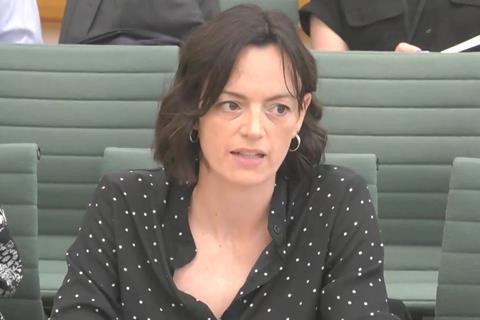A leading lawyer has accused local authorities of failing to engage properly in mediation with parents of children with special educational needs (SEND).
Georgina Downard, specialist solicitor with the charity Independent Provider of Special Education Advice (IPSEA), said local authorities were effectively acting unlawfully with their half-hearted approach to mediation.
Downard, giving evidence to the House of Commons Education Committee this week, also pleaded for MPs to fight to protect the legal protection offered to SEND children and young people, saying it would be a cause of ‘national shame’ if this was watered down.
The issue is in the spotlight because of rising numbers of children and young people diagnosed as having special educational needs and disabilities. Cash-strapped councils have been criticised for not offering suitable provision and have been taken to tribunal appeals in increasing numbers by parents asking for reasonable adjustments. The backlog in the tribunal is growing to unprecedented levels.

Read more
Downard said mediation can be effective in resolving issues without the need for a tribunal appeal but only if councils comply with the rules governing this process.
‘We hear of local authorities sending a member of staff to mediation who doesn’t have the authority to settle the issues that are in dispute even though there is a legal requirement for them to send someone with that decision-making power,’ said Downard. ‘Authorities often send somebody else who effectively says "I am going to have to take that back to a decision-maker or to a panel that might be due to meet for some time in the future". For some parents that might mean they inadvertently miss their chance to appeal.
‘In some cases we hear local authorities telling parents not to bother with mediation and just take it to the tribunal even though they have got a requirement to attend. If a parent requests mediation some authorities are saying they won’t. There is a real and obvious barrier there.’
She said that a recent pilot for judicial alternative dispute resolution – where judges are able to speak with each party in confidence and come to a decision – appeared to have been successful and could be extended beyond simply appeals relating to school placements as at present.
There have been calls in some quarters to change the rules around SEND provision but Downard warned this would be counter-productive.
‘The way to improving accountability is not overhauling the legal framework, that is the opposite of holding authorities to account,' she said. ‘What we need is for lawful decisions to be made first time and an adequate route of redress when they are not.'































No comments yet